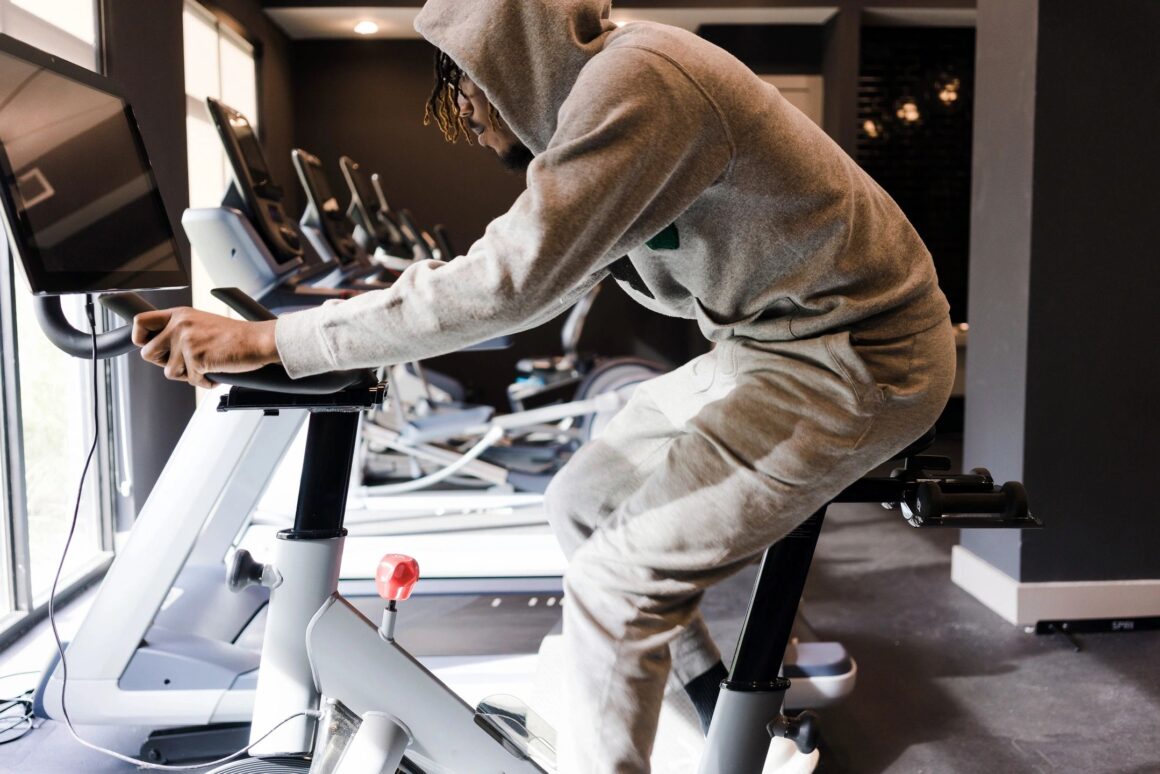We all know exercise is good for us, but did you know that over exercise harms your heart? We know light to moderate runners have a lower risk of death than people who didn’t exercise. But, studies found, some people who ran at a faster pace for more than three times a week had similar risks of dying as the non-runners. (4) Just like not enough, too much exercise is bad for you.
What our muscles are telling us
Researchers at the University of Utah in Salt Lake City found the chemicals causing muscles soreness are lactate, certain acids, and adenosine triphosphate (ATP). These substances are released during muscle contractions and build up as we exercise.
During the study, people experienced little reaction when injected with the substances separately in their thumbs, but reported pain, swelling, and fatigue once the chemicals were combined. (3) The accumulation of these substances is likely what causes your muscles to hit a wall.
Future workout performance is adversely affected if we don’t allow enough time for our bodies to rest. Without enough recovery time, Goolsby explained, “the body starts to rebel,” with a drop-off in performance and difficulty maintaining a regular training schedule. In extreme cases, athletes can suffer from over-training syndrome, a disorder in which the body experiences increasing difficulty bouncing back. (3) and worse.
Your body needs rest between workouts and nutrients to repair muscle damage, improve circulation, and ensure peak performance.

Over exercise harms your body
Experts believe extreme endurance puts extreme demands on the cardiovascular system. One study found that repeated extreme exercises can “remodel” the heart, thickening the muscle’s walls and scarring tissue. Another study showed that the risk of heart attacks and strokes shot up for women who exercised strenuously every day.
While moderate exercise can improve your immune system, excessive exercise can suppress it. There’s up to a 72-hour “open window” of impaired immunity after intense exercise. This basically means viruses and bacteria might have an easier time invading and infecting the body. And athletes who overexercised also experienced more upper respiratory tract infections. “Anybody can be at risk for over-exercising, not just athletes,” says Caitlin Lewis, MD, sports medicine physician. (5)
“Extreme, long-term endurance exercise puts equally extreme demands on the cardiovascular system,” says Dr. Singh.
A study of marathon runners found that after finishing extreme running events, athletes’ blood samples contain biomarkers associated with heart damage. (2) In a different study, researchers found that people who exercised three times the recommended amount — or the equivalent of 450 minutes a week of moderate activity — had a 27% higher risk of developing CAC.(1) There are more studies confirming the dangers of over exercise on the body.
Excessive exercise can wreak havoc on your heart, tendons, ligaments, and immune system. For around 1 million people in the US, exercise addiction is wreaking havoc on their brains in the form of addiction.
Exercise addiction harms your mental health
Symptoms of exercise addiction include withdrawal — that’s when you feel anxious or exhausted when you miss a workout. Or feeling a lack of control and unable to cut down on exercise. Even when you know it’s hurting you. (4)
A small minority of perfectionist athletes are compulsive exercisers. As many as 10% of high-performance runners, and possibly an equal number of body builders, have an exercise addiction. Exercise addicts tend to think that a two-hour run makes them four times as healthy. It doesn’t work that way.
Too much exercise can lead to injuries, exhaustion, depression, and suicide. It can also cause lasting physical harm. Your adrenal gland, pumping out hormones as you pound the pavement, can only produce so much cortisol at a time and you can only go so fast.
You can distinguish healthy enthusiasts from exercise addicts by the following trait, says Ian Cockerill, a sports psychologist at the University of Birmingham, England: “Healthy exercisers organize their exercise around their lives, whereas dependents organize their lives round their exercise.”
Excessive exercise, like extreme diets, attracts people who feel an extreme need for control in their lives. Like weight reduction, improved athletic performance is readily observable, Cockerill says. (7)

What are the signs of overtraining?
This is more common among college athletes, triathletes, ultra-marathoners, and other endurance athletes. But if you have a hectic, stressful life and don’t get enough sleep, you are also at risk.
“Sometimes overtraining happens to people who are just starting a program and do too much, too soon,” she says.
Signs of overtraining may include:
- A profound feeling of fatigue.
- Energy loss.
- Chronic colds, infections and other illnesses.
- Insomnia.
- Weight gain.
- Stamina decline.
- For women, a loss of their period (amenorrhea).
Athletes often think they need to train harder if they start gaining weight or if their running times decline or weightlifting loads plateau. “That may end up making the problem even worse,” Dr. Lewis says. (5)
Where over exercise harms our bodies, we need exercise to be healthy and there are plenty of types of exercises that won’t cause damage. Instead of training to run a marathon, choose to move for 30 minutes and rest between workouts.
Sources:
- 25-Year Physical Activity Trajectories and … – Mayo Clinic Proceedings
- Exercise Addiction in Men – Web MD
- Don’t Overdo It: Why Too Much Exercise May Be a Bad Thing – Healthline
- What overexercising does to your body and brain – Business Insider
- Signs That Exercise Is Actually Hurting Your Health – Cleveland Clinic











1 comment
Comments are closed.